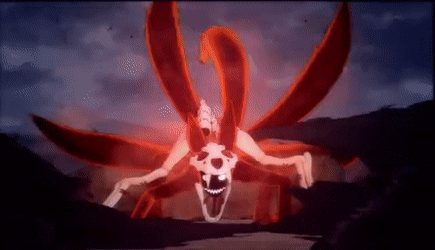EzekielRaiden
Follower of the Way
Agreed on illusionist, not so much on assassin, but that's neither here nor there. There are some things which just aren't quite enough on their own. Were we to start from scratch, in a world that had never been (heavily) shaped by D&D itself, some of the things we currently recognize as "classes" probably wouldn't be. Druid, for example, would probably be a single application of a more general "Priest" class, and "Cleric" as we know it wouldn't exist (since it was specifically created to be a hybrid "armored priest"/"Van Helsing" thing in order to take a specific player down a peg who had become OP due to being a vampire). Conversely, we might have gotten a "Shapeshifter" class! Who knows.That is absolutely my belief too. And I think while the line between subclass and class is rather subjective, D&D has done a decent job of trying to split the difference. I'm not sure assassin or illusionist could have been a full class with multiple subclasses of their own, but barbarian or artificer are.
I'm also kinda bored with fighter. As I said, I find "I hit things with weapons" a rather boring and soulless class when their are a bunch of other classes that also hit things with weapons and do cool things like rage, smite, or whatever the ranger does. I'd rather have a few more unique martial classes (knight, warlord, swordmage, "mythic" hero) and put fighter out to pasture.
Unfortunately, I don't think there's any way to get away from Fighter. Much as I would prefer a suite of more specific options, there really is a sizable audience for the "Generic Everyman" archetype, especially if that "Generic Everyman" comes with minimal mechanical engagement. For my part, that means we need to find a cleverer solution--something that preserves what current-Fighter fans love about Fighter, but which avoids the Scylla of "Fighter sucks all the wind out of every other martial's sails" or the Charybdis of "the other martials eat so much of the martial pie, there's nothing left for Fighter." The fact that the 5e Paladin is considered one of the best classes in the game...and yet its Fighter is still generally quite well-liked (other than the flaws with at least the 5.0 Champion and Banneret)
The path forward I see for the Wizard is to make it ACTUALLY a researcher and innovator, and someone genuinely connected to a tradition and occult study, rather than the thing we have, which is functionally a solo-act flagrant plagiarist and rote-memorizer. I think there's quite a lot we could mine out of both "academia" as we understand it and Hermeticism, Kabbalism, Theosophy, Neo-Platonic Gnosticism, etc. That is, the class seems to be very fertile ground for examining the eternal tension between developing a true collaborative community that checks others' work and builds a corpus of knowledge, aka what we would call "science" today, and the desire for individualist Ultimate Enlightenment, the hoarding of esoterica and grimoires and artifacts, being "initiated" into the Secret Truths, etc., what we would call "the occult" today.I'd also like the wizard to have an identity beyond having access every arcane-coded spell and a spellbook. Those two things eat 90% of their identity and power budget. It's really telling that 2024 couldn't find anything to do with them that wasn't op. I think the wizard should have a more generalist and spell list and let the other classes get the best in a certain field. (The bard gets the best enchantments, the sorcerer the best boom magic) Rather than the wizard getting everything but a few select signature spells per class. That would also open up room for classes like witch, necromancer and psion to have a place.
A Wizard which bridges that space between "magical scientist" and "occult philosopher", torn between worlds that are so similar and yet so opposed, seems like just the right space to find thematic, inspiring mechanics that won't be stupidly OP.




